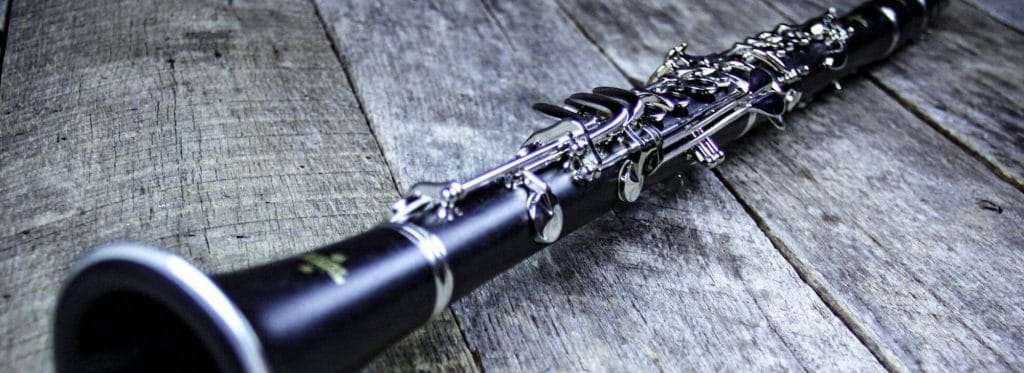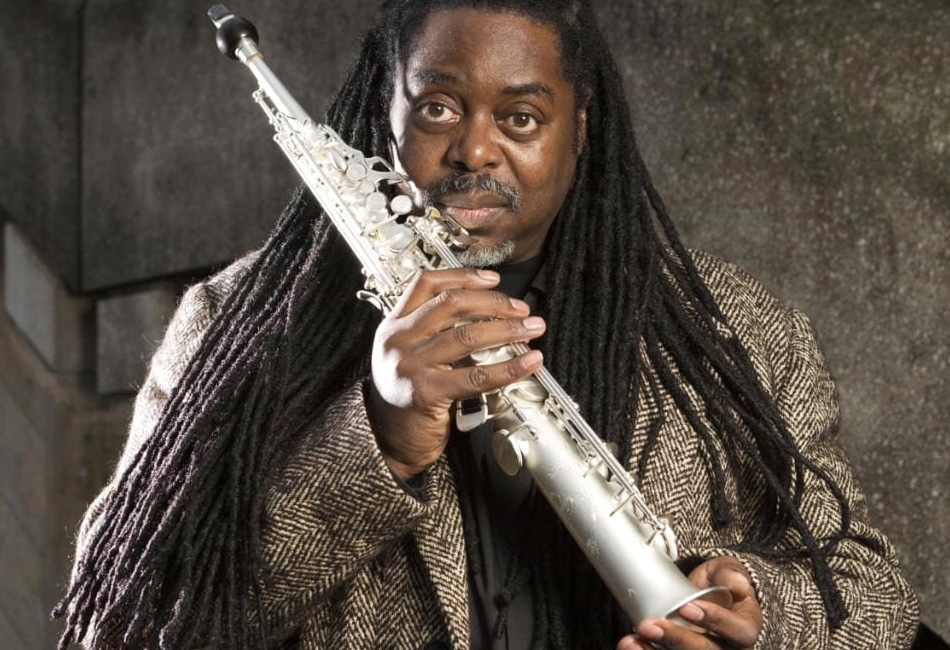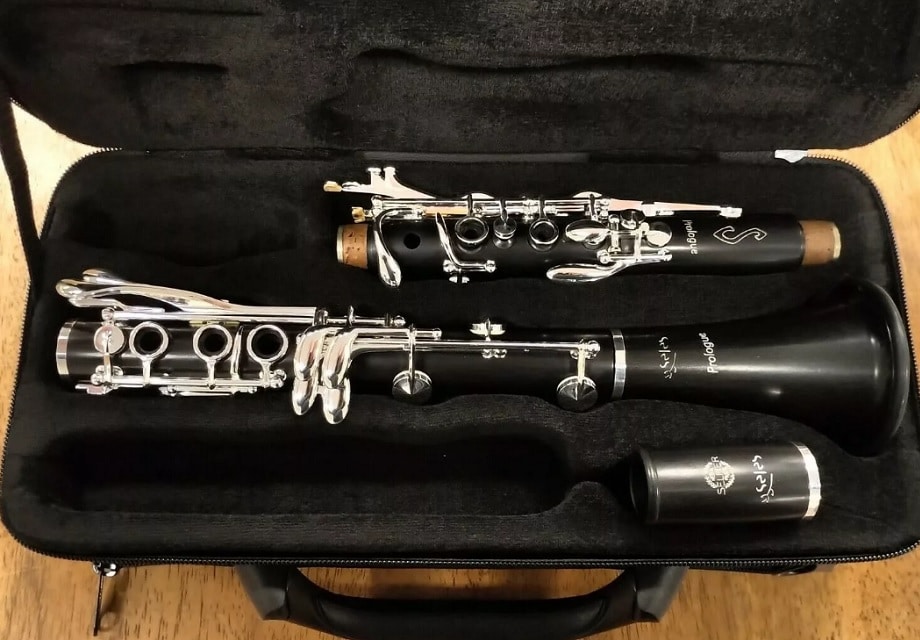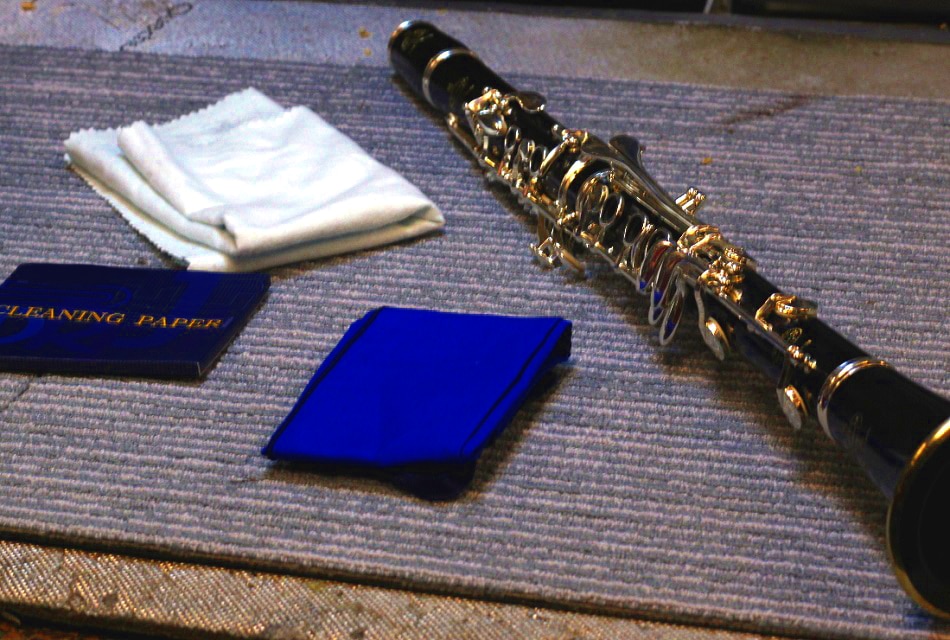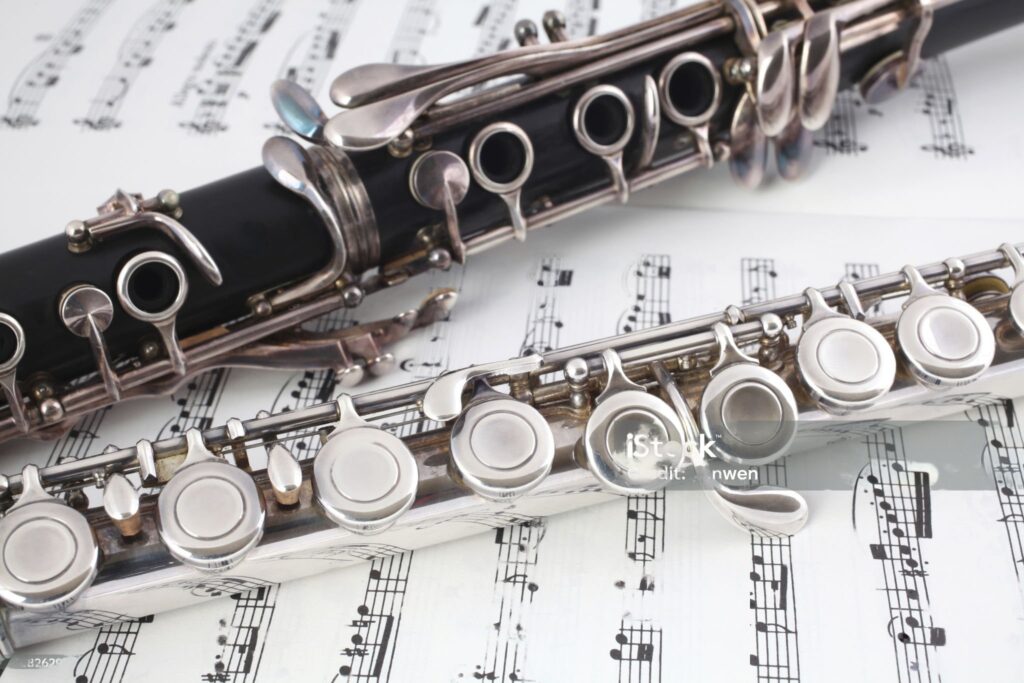Features to consider while choosing a professional clarinet
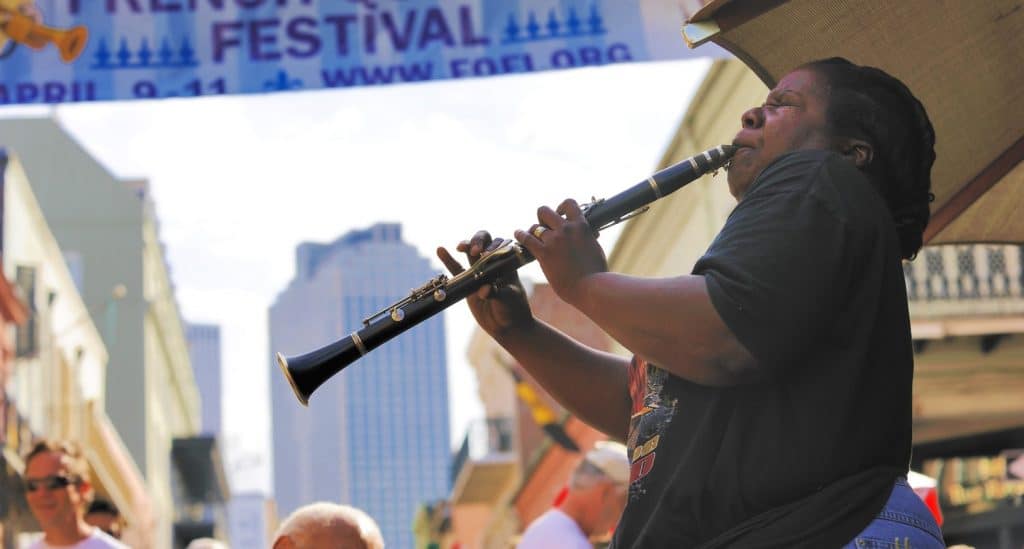 There are a lot of things that affect the sound quality of any instrument and these professional clarinets are no different. By knowing what to look for, you can be sure you’ll pick the best one for you.
There are a lot of things that affect the sound quality of any instrument and these professional clarinets are no different. By knowing what to look for, you can be sure you’ll pick the best one for you.
Key system
There are several different key systems for clarinets. Most of our picks, like the Yamaha YCL-CSVR Series Professional Bb Clarinet, use what is called the Boehm system.
The Boehm system was based on the work of Therobald Boehm. He actually developed it for the flute and had nothing to do with the changes to the clarinet but was obviously the inspiration. The main thing that changed was the ring and axle system and the addition of keys for the little fingers on both hands. This made some notes easier to articulate and corrected the overall intonation of the instrument, affecting tone, technique, and the acoustics. This is sometimes called the French system because it was hugely successful in France back in the 1870s. By the early 20th century, it was the most popular version worldwide and was the prominent choice everywhere except in and around Germany.
The Boehm system replaced the Albert system. This was a more basic design that was derived from some of the earliest clarinets and uses fewer rings and keys than the Boehm system. While this type of clarinet is not common, it’s still used today in places like Russia and Ukraine for its ability to slur notes easily.
Another alternative is the Oehler system which is popular in Germany and Austria. This system has more keys that the Boehm system – up to 27 in all. These clarinets feature a smaller bore and narrower mouthpiece that creates a slightly different sound.
As we mentioned, all of the products we chose use the Boehm system since it’s the most widely used. Throughout your career, you may have reason to use a clarinet with the Albert of Oehler system but you will definitely get a lot of use out the Boehm models on our list.
Key Plating and Body Material
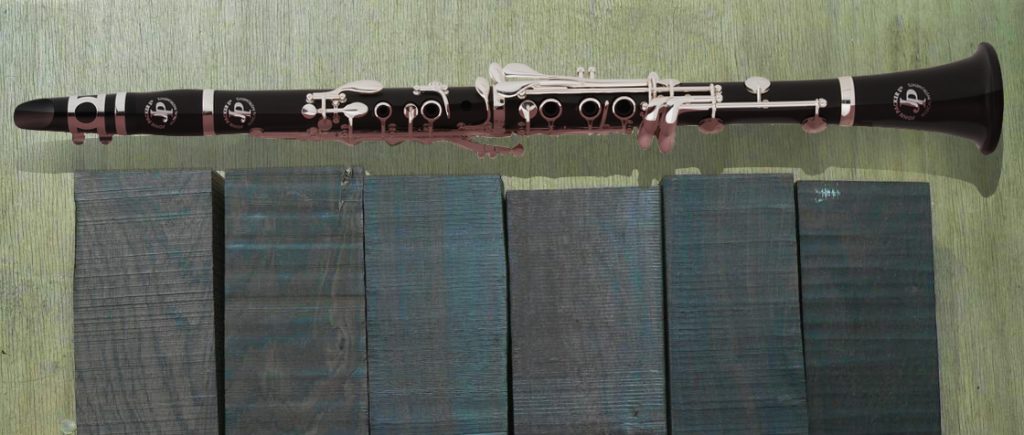 Body material is important because it has such an effect on the sound and tone of the instrument. All of our picks, including the Buffet Crampon R13 Professional Bb Clarinet, are made from unstained grenadilla wood. This wood is particularly well-suited to clarinet making because it produces a great sound and it an economical choice for manufacturing. It’s easy to carve and doesn’t crack as easy as some other types of wood do.
Body material is important because it has such an effect on the sound and tone of the instrument. All of our picks, including the Buffet Crampon R13 Professional Bb Clarinet, are made from unstained grenadilla wood. This wood is particularly well-suited to clarinet making because it produces a great sound and it an economical choice for manufacturing. It’s easy to carve and doesn’t crack as easy as some other types of wood do.
Keys are either silver or silver/nickel-plated which looks great against the grenadilla wood and keeps its finish throughout extended performances over many years.
Something important to mention is that some of these instruments, including the Buffet Crampon Prestige RC Professional Bb Clarinet, do not include a mouthpiece. We made note of this in the reviews when possible. Most professional musicians will reach a point where they find a clarinet mouthpiece they like better than any other brand and use it all the time to get the best sound. So, rather than include a mouthpiece that might not get used at all, some of these products require you to buy a separate one.
What’s nice about clarinets at this level is they include most of the things you need for basic care and maintenance, like a polishing cloth, cork grease, and even gloves. The cases are usually really nice, too. Most beginner and intermediate clarinets have hard plastic cases but higher-end instruments typically come in a nice leather-covered case.
Price and Warranty
These clarinets range from around $1300 to $3900. So, as you can see, there’s quite a range and something for every budget. That said, these are also significantly more expensive than beginner and intermediate options which is perfectly understandable. Everything about these clarinets is superior to models meant for students.
Most of these clarinets have pretty good warranties, too. Most of them are covered for five years. Antigua Winds Backun Bb Wood Clarinet features a lifetime warranty.






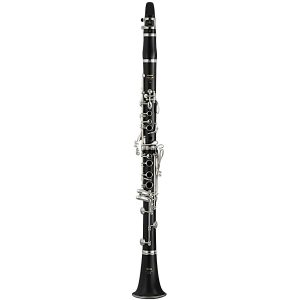
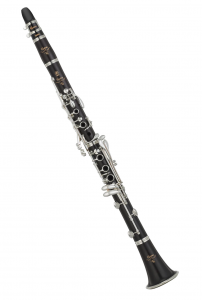
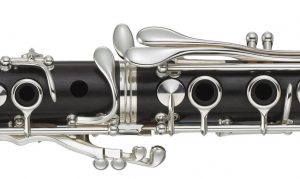
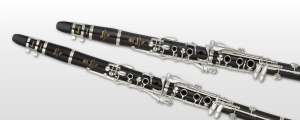
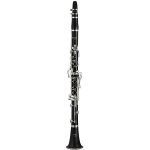
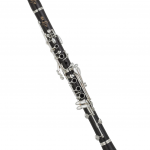
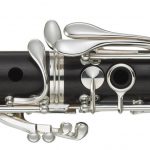
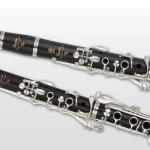
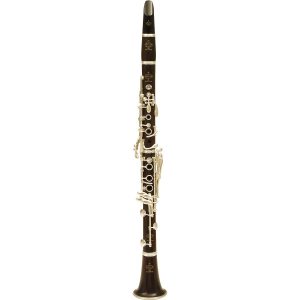
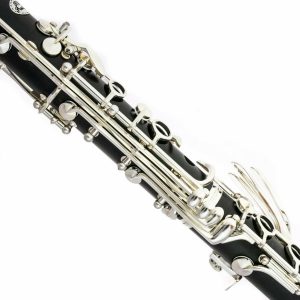
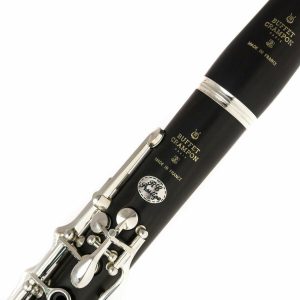
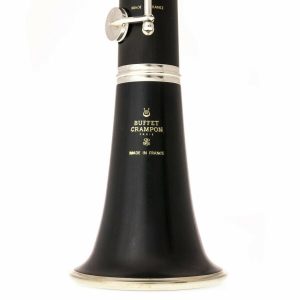
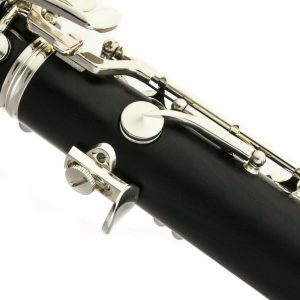
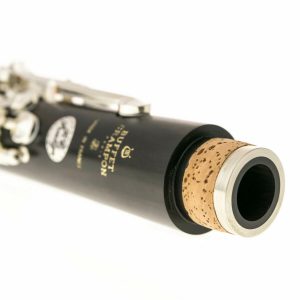
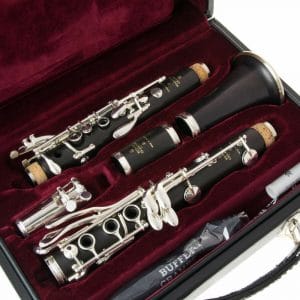
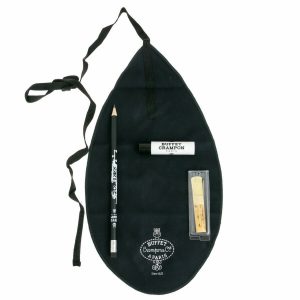
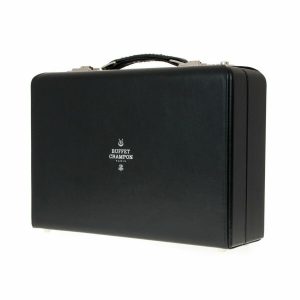
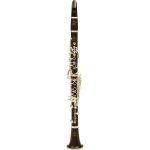
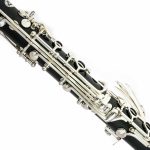
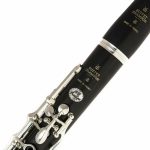
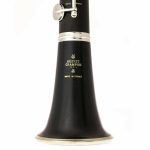
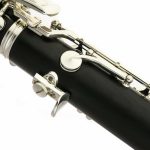
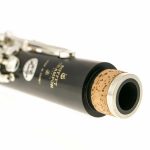
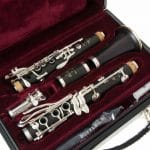
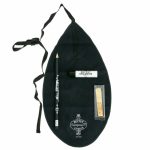
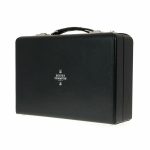


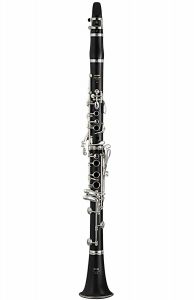
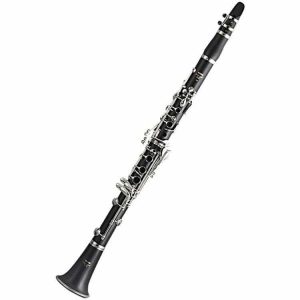
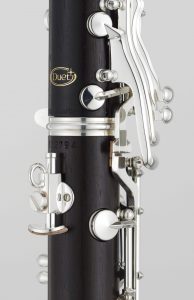
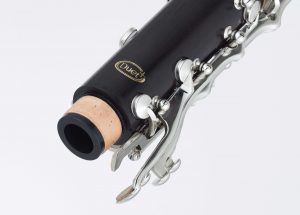
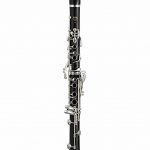
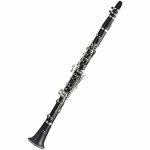
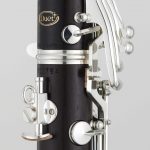
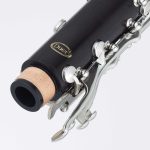
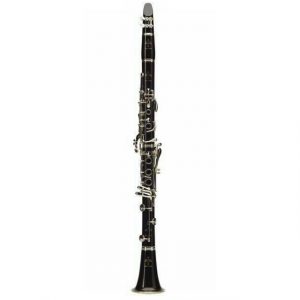
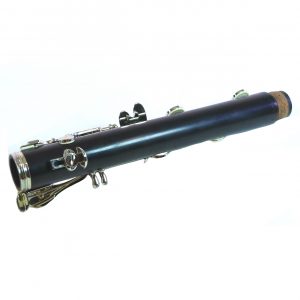
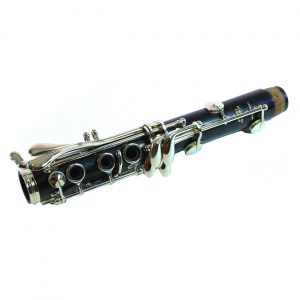
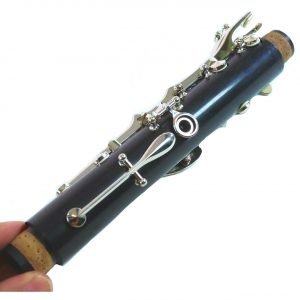
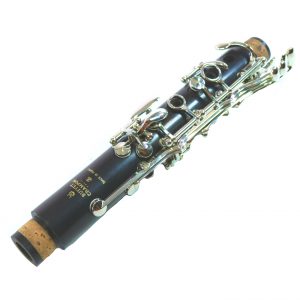
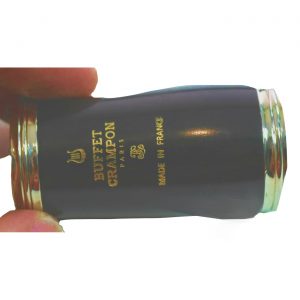
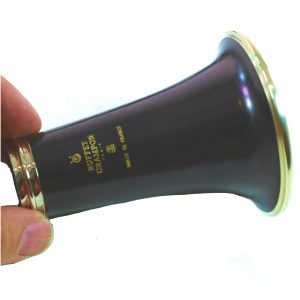
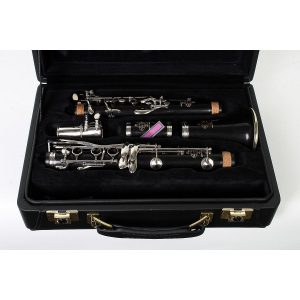
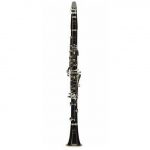
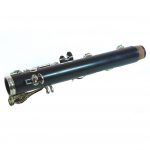
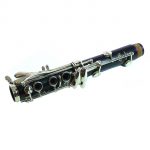

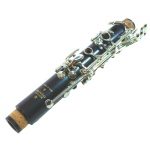
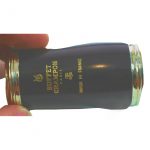
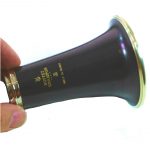
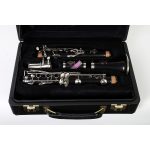
 There are a lot of things that affect the sound quality of any instrument and these professional clarinets are no different. By knowing what to look for, you can be sure you’ll pick the best one for you.
There are a lot of things that affect the sound quality of any instrument and these professional clarinets are no different. By knowing what to look for, you can be sure you’ll pick the best one for you. Body material is important because it has such an effect on the sound and tone of the instrument. All of our picks, including the
Body material is important because it has such an effect on the sound and tone of the instrument. All of our picks, including the 





